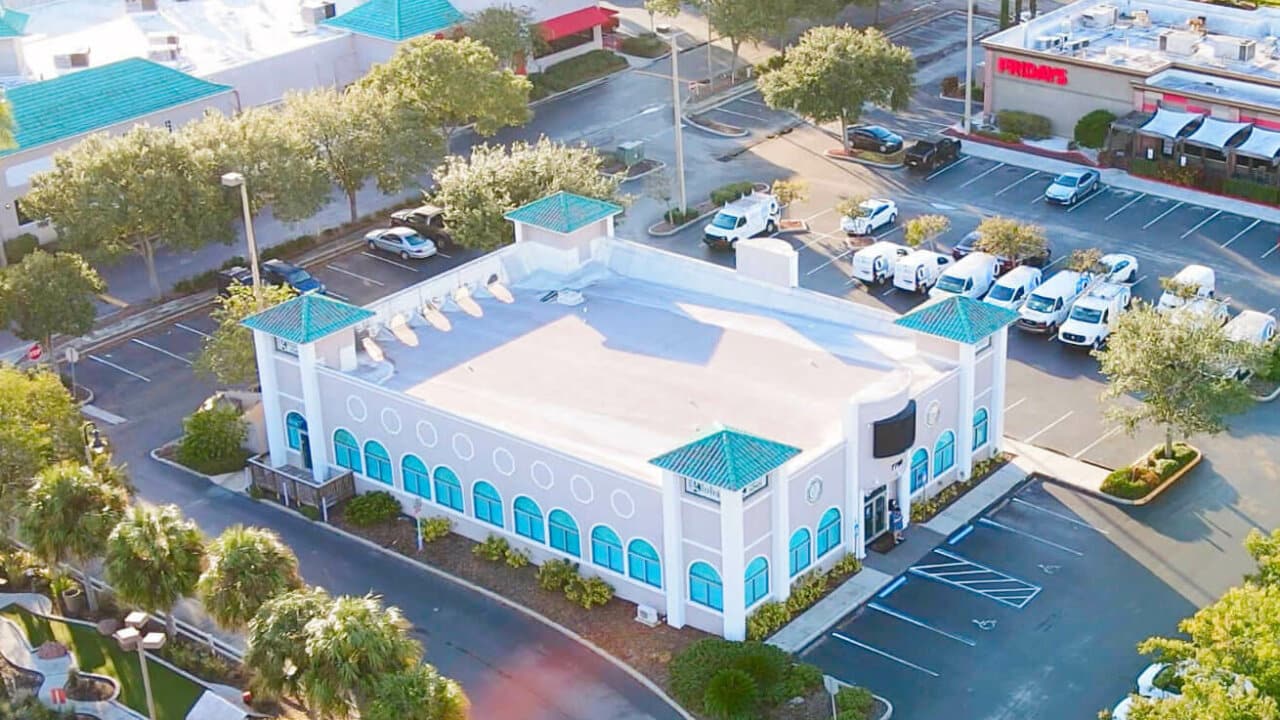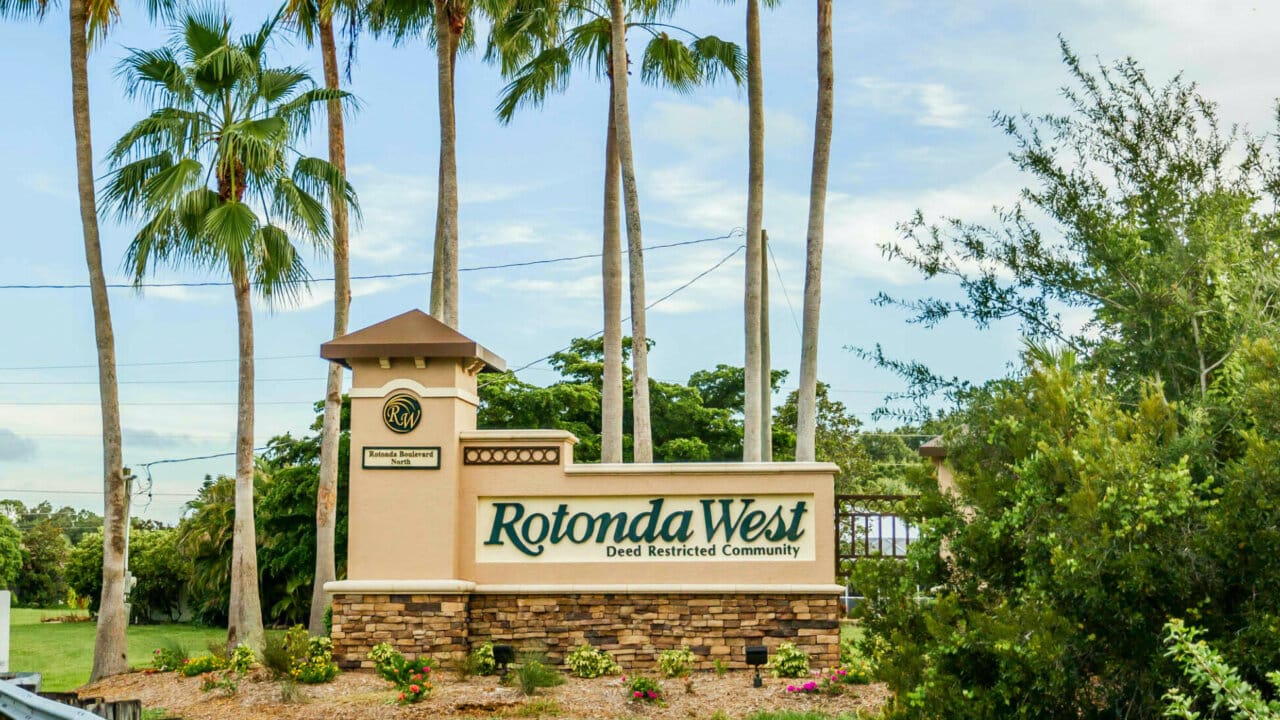Long-Term Rental Property
With the availability of low mortgage rates, buying a home has become more affordable and has turned long-term rental homes into an attractive option for investors. Throughout the downturn in the housing market, investors have bought foreclosures at discounts and turned them into long-term rental units. In addition, many homeowners have purchased a second home and rented out their first home.
Demand for rental housing is expected to remain strong. If the Feds keep its short-term interest rate, the federal funds rate, at a record low, costs to borrow money will remain very attractive. Here are some tips on becoming a landlord or investor in rental property:
- UNDERSTAND WHAT IT MEANS TO BE A LANDLORD
Residential real estate generally provides three possible ways to get a return on your investment: when it’s sold, assuming it has grown in value, by collecting rent and through tax savings, such as the mortgage interest deduction. If you elect to buy a property for the long-term investment potential, the goal should be to ensure that the rental income covers the cost of your mortgage along with your monthly maintenance costs. If you buy a foreclosed home, you’ll have to factor in the cost of repairs to get the home ready to rent. And, if you have a mortgage on the property, you’ll need to be prepared to cover the costs for however long it takes to find a tenant (the key is to find a qualified tenant, just as quickly as possible).
- USE A COMPETANT MANAGEMENT FIRM
You need to determine whether you want to select the tenant and handle property issues or hire a competent management company to do it. If you take on the responsibilities of managing your own property, you are obliged to fix any problems (leaky faucets, broken furnace, broken A/C, broken refrigerator, etc.) or to find professionals to do it. You must be prepared to do all of the work on your weekends or evenings and to get calls while you’re at work. If a pipe burst and it’s flooding, you will need to respond quickly. Property management firms charge a percentage of the rent, sometimes 10 percent or more. Hiring a property management company makes sense if your rental property is not in the same city where you live.
- SCREEN TENANTS THOROUGHLY
Once your rental starts drawing inquiries, you must screen prospective tenants by asking for previous landlord references along with running a credit check and a criminal background check. It is also wise to obtain a deposit equal to one month’s rent, plus extra if the tenant has pets. This will help cover damages to the property and protects you if a tenant moves without paying the rent. Also, it is a good idea to have a walkthrough of the unit with the tenant and ask them to sign off on the condition of the property before they move in. This will help avoid conflicts over the security deposit if there are damages once they’re ready to move out. If you hire a competent management company, they are responsible for all these tasks.
- CALCULATE YOUR RETURN
Although the “market” tends to dictate what you can charge for rental rates, getting the best return on your investment starts with making sure you’re going to get enough rent to cover your expenses. It is a good idea to charge something higher than the monthly mortgage and maintenance costs. If the mortgage and maintenance costs add up to $1,000, you will want to charge a reasonable amount over this to help turn a profit and to absorb any costs for unforeseen maintenance. Also, you might have to be flexible in the rental rate because you don’t want your unit sitting empty for a long period of time. It is critical to get your home rented to a qualified tenant just as quickly as possible.
- BUY IN AN AREA WITH A HISTORY OF STRONG RENTAL DEMAND
Neighborhoods near universities and businesses usually are a good option for long-term rentals. For homes in residential areas, proximity to schools can be a good draw for families. Condominiums and similar properties in communities with a homeowners’ association can be a great option because the association arranges for upkeep on the property. But, it is critical to review the fine print on your homeowners’ association (HOA) rules to make sure turning your property into a long-term rental property is allowed. If you’re going to buy a foreclosure, be prepared to compete with other investors, many of them paying in cash. And, because many foreclosures require upgrades and repairs, expect that it will take longer until you start generating rental income.






